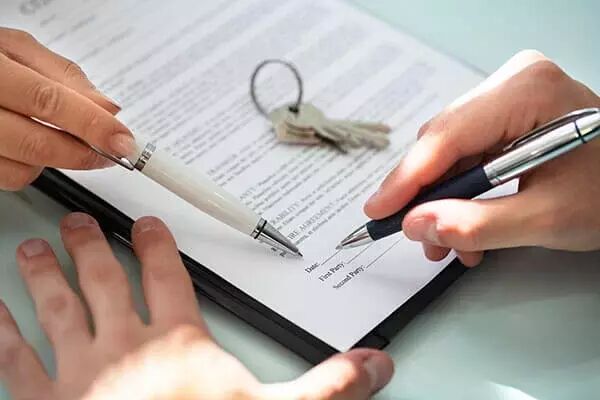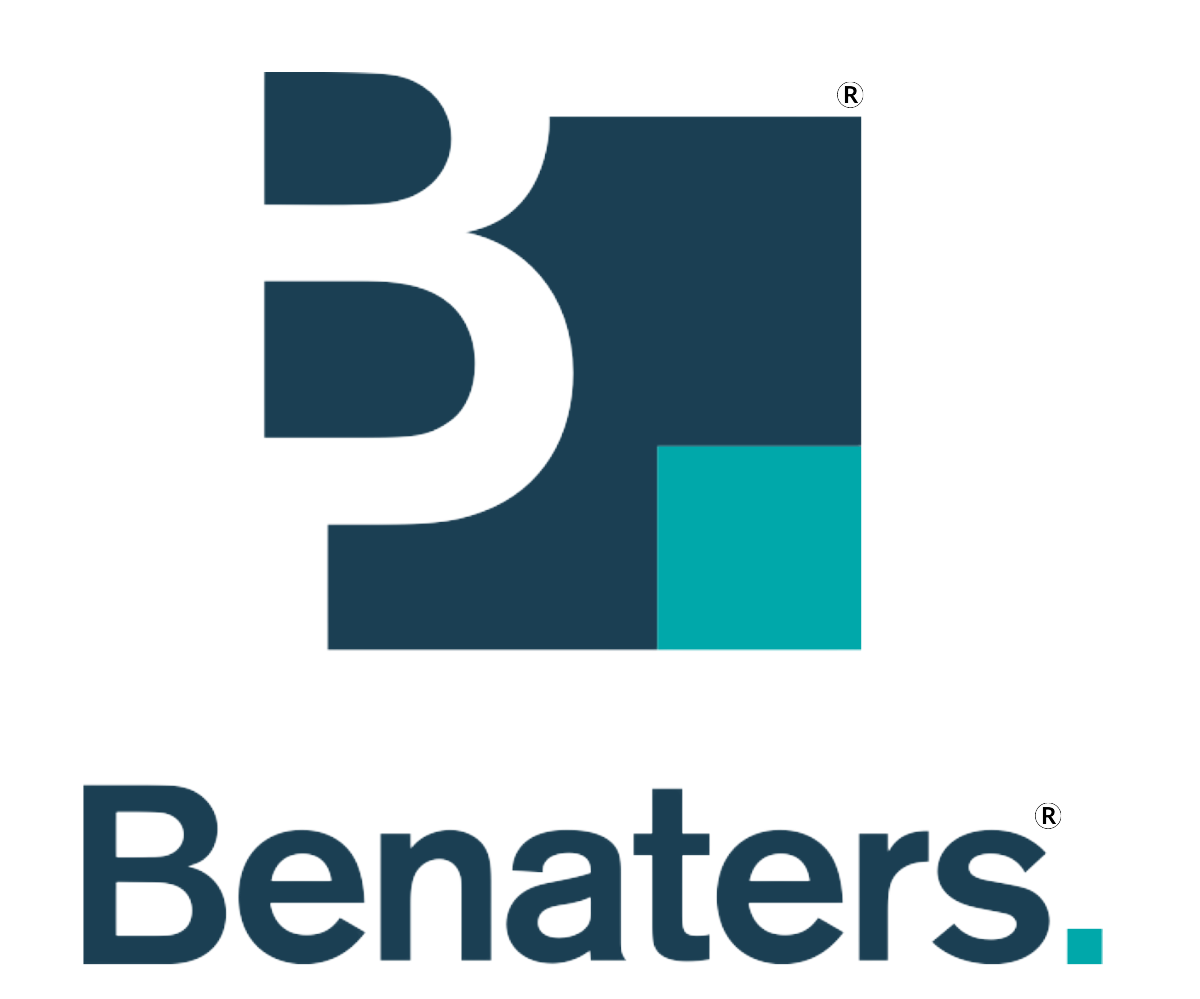Conveyancer for Dummies
Conveyancer for Dummies
Blog Article
Conveyancer Things To Know Before You Buy
Table of ContentsIndicators on Conveyancer You Should KnowAll About ConveyancerAll about ConveyancerThe 8-Minute Rule for Conveyancer9 Simple Techniques For Conveyancer
This involves sending a transfer deed to the Land Computer system registry. It ensures the customer's name is registered as the new proprietor. Communicating with the Land Registry, a federal government department, updates the general public record with the home's most recent proprietor. The customer's lawyer deals with the stamp task land tax after ownership transfer.Residential property purchases come with fees, and conveyancing is no exception. The conveyancer's fee is for the legal work of moving building.
Fixed fee conveyancing bills a set price for conveyancing job. It's a market price despite the job's complexity. No Sale No Fee conveyancing ('NSNF') charges only if the transaction succeeds. This alternative might include higher costs to balance out threats. It's recommended to get multiple quotes from conveyancing solicitors.
Guarantee no surprise charges are included. Contrasting these quotes helps in making a notified decision. Picking an expert is essential to a smooth residential property acquisition. For a conveyancer search, ask pals or household that've acquired home. Their experience can lead you. Estate representatives might also suggest conveyancers. Nevertheless, ensure that such referrals aren't only for commission.
The Best Guide To Conveyancer
While both conveyancing solicitors and certified conveyancers are greater than efficient in dealing with the entire purchasing and marketing procedure, if there are any type of various other lawful aspects that need to be addressed during the transaction (such as how you leave property in your Will certainly), a conveyancing lawyer may be a better choice.

You need to recognize that nearly always conveyancers pay reference fees to the agents for introduction of a brand-new client. Considered that the estate representative obtains a financial advantage if you choose their conveyancer, you should consider all of your options and see numerous conveyancer and contrast their fees and reviews
Ask about their regional building experience, costs, and the expected conveyancing timeline. Validate their get in touch with details for very easy interaction. You might have heard the term 'self-conveyancing'. While technically possible, the process brings risks and difficulties. It more information is feasible to do your very own conveyancing. Nothing lawfully bans customers and sellers from working as their very own conveyancer.
Everything about Conveyancer
Nevertheless, conveyancing involves lots of legal terms and detailed procedures. Taking this on without professional training exposes you to possible pitfalls. One oversight can jeopardise your building rights. Failing to spot a problem in the title deeds can cause a loss of possession. Errors in the paperwork might trigger conflicts with your home mortgage supplier or delay your step.
A conveyancer has the knowledge to handle intricacies, making certain a smoother procedure. A conveyancer assists when you're offering. A conveyancer helps in the preparation of lawful files needed for the property sale. These files include title deeds, building info kinds, and fixtures and fittings lists. Composing the sale contract is one more job, outlining regards to sale, property price, limits, and legal rights of method.

The Ultimate Guide To Conveyancer
This post will certainly describe the relevance of the function and the various kinds of expert conveyancers.

Conveyancers should comply with lawful treatments when preparing and processing documents for the transfer of home from someone to an additional. A conveyancer can just act on behalf of both parties in certain conditions - as an example, if the 2 celebrations are associated or they stay in business partnership together. But a conveyancer needs to not represent both celebrations if they have a dispute of passion in regard to the purchase.
The account needs to be approved by Customer and Organization Providers (CBS) and be kept in a financial institution, developing society or lending institution. You have to: maintain all records of trust fund moneyissue detailed receiptsarrange for accounts and records to be investigated yearly. Conveyancing organizations should have professional indemnity insurance policy. You need to reveal proof of the insurance coverage when you restore your registration yearly - for instance, a copy of the insurance coverage certificate.
5 Easy Facts About Conveyancer Explained
Conveyancing is the lawful procedure whereby the authorized possession of a stationary residential property is acquired. Essentially, a new action of transfer is created by a conveyancer and lodged at the acts workplace. In this article, we will certainly consider everything you need to find out about conveyancing. A conveyancer is Read Full Report an attorney who has actually specialised (and certified) in the preparation of acts papers which by law are registrable in the Deeds Computer system registry.

A conveyancer is primarily the transfer attorney of a property, a bond attorney taking care of a brand-new bond enrollment, or a termination attorney addressing the termination of existing bond(s). The conveyancer obtains all the lawful documentation in order to be able to file with the Deeds Office. When you get a property, the vendor will certainly appoint a conveyancer that will file with the Deeds Office to get the property moved to your name.
Report this page